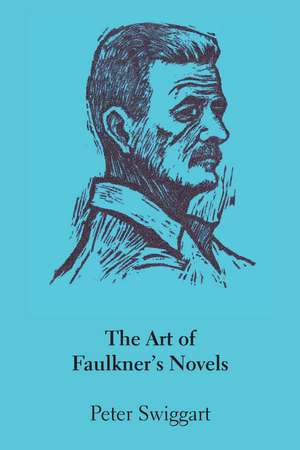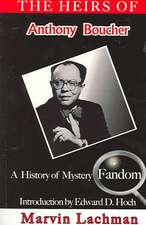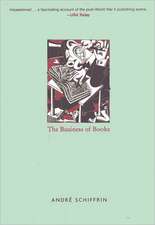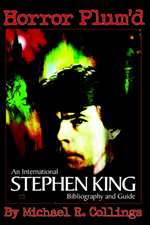The Art of Faulkner's Novels
Autor Peter Swiggarten Limba Engleză Paperback – 1962
Faulkner makes use of devices of stylization that apply to virtually every aspect of his successful novels. For example, the complex facts of Southern history and culture are reduced to the scale of a simplified and yet grandiose social mythology: the degeneration of the white aristocracy, the rise of Snopesism, and the white Southerner’s gradual recognition of his latent sense of racial guilt. Within Faulkner’s fictional universe, human psychology takes the form of absolute distinctions between puritan and nonpuritan characters, between individuals corrupted by moral rationality and those who are simultaneously free of moral corruption and social involvement. In this way Faulkner is able to create the impression of a comprehensive treatment of important social concerns and universal moral issues.
Like Henry James, he makes as much as he can of clearly defined dramatic events, until they seem to echo the potential complexity and depth of situations outside the realm of fiction. When this technique is successful the reader is left with the impression that he knows a Faulkner character far better than he could know an actual person. At the same time, the character retains the atmosphere of complexity and mystery imposed upon it by Faulkner’s handling of style and structure.
This method of characterization reflects Faulkner’s simplifications of experience and yet suggests the inadequacy of any rigid interpretation of actual behavior. The reader is supplied with special eyeglasses through which the tragedy of the South, as well as humanity’s general inhumanity to itself, can be viewed in a perspective of simultaneous mystery and symbolic clarity.
Preț: 203.73 lei
Nou
Puncte Express: 306
Preț estimativ în valută:
38.99€ • 40.46$ • 32.59£
38.99€ • 40.46$ • 32.59£
Carte tipărită la comandă
Livrare economică 17-31 martie
Preluare comenzi: 021 569.72.76
Specificații
ISBN-13: 9780292769373
ISBN-10: 0292769377
Pagini: 240
Dimensiuni: 152 x 229 x 15 mm
Greutate: 0.45 kg
Editura: University of Texas Press
Colecția University of Texas Press
ISBN-10: 0292769377
Pagini: 240
Dimensiuni: 152 x 229 x 15 mm
Greutate: 0.45 kg
Editura: University of Texas Press
Colecția University of Texas Press
Notă biografică
Peter Swiggart (1927–2004) was Professor of English at Brandeis University.
Cuprins
- Preface
- Part One: Faulkner’s Narrative World
- 1. Faulkner as Romancer
- 2. Themes and Techniques
- 3. The Use of Social Myth
- 4. Man against Nature
- 5. Experiments in Narration
- Part Two: The Major Novels
- 6. Rage against Time: The Sound and the Fury
- 7. A Modern Mock-Epic: As I Lay Dying
- 8. The Puritan Sinner: Light in August
- 9. A Puritan Tragedy: Absalom, Absalom!
- Part Three: Later Works
- 10. From Go Down, Moses to A Fable
- 11. The Snopes Trilogy
- A Note on The Reivers
- Selected Faulkner Works
- Index
Recenzii
William Faulkner wrote romances, not novels; of this those who study and write about Mr. Faulkner are now, it seems, agreed. . . . the romance is a dark, inward kind of book, more concerned with stylized metaphysical sets of mind and psychological archetypes than with real people moving in a recognizable social context. . . . If Peter Swiggart, in his new full-length treatment of the Faulkner corpus, is not the first critic to link the gentleman from Mississippi with the romance tradition in American fiction, he has assuredly attached to that identification more significance than those who had come to Faulkner before him.
Descriere
How Faulkner’s work can be viewed as an extraordinary attempt to transform the panorama of human social experience into thematic material.









